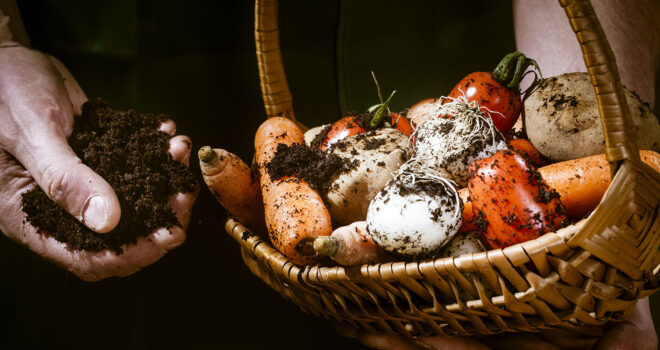“Organic” and “light” products are not the same thing. Specific and strict regulations lays out what products can have these labels. In fact, these products have little in common with each other, though an organic product can also be light and vice-versa.
Organic does not mean fewer calories
Organic farming aims to create food in an environmentally-friendly manner. It can apply to all kinds of products: fruits and vegetables, meat, milk, wine, cheese, eggs, grains, and fish, to name a few. EU certification and labeling rules guarantee that the industry follow these regulations. They allow consumers to more easily recognize organic products. However, legislation concerning organic food does not stipulate that organic food has to have fewer calories than traditional products. There is nevertheless a real issue with people confusing “organic” and “light” foods. It began in the United States where there is a strong tendency to generalize this kind of allegation.
The term “light” is regulated
In Europe, the term “light” (sometimes spelled “lite”) is defined by Regulation 1924/2006 on nutrition and health claims which was implemented in July 2007. The regulation does not require the substance in question (sugar, fat, calories, salt) to be completely removed, but rather reduced by at least 30% compared to a similar product. An organic product can therefore be light if it has a reduced fat content that meets the criteria. Inversely, a light product can be organic if it also meets the specifications required for that label.



 Bell pepper
Bell pepper  Carott
Carott  Crop Rotation
Crop Rotation 









